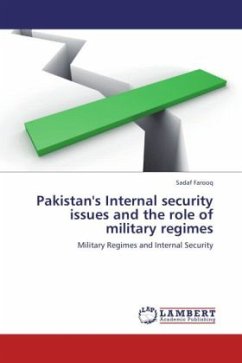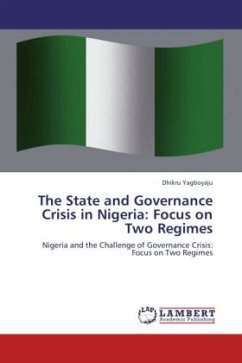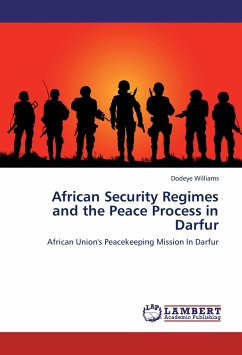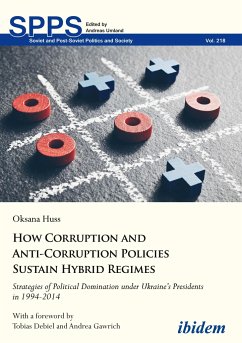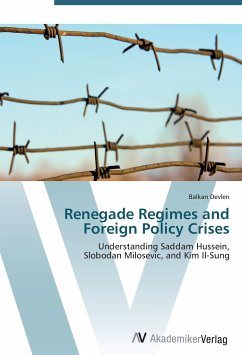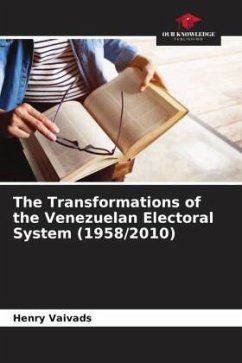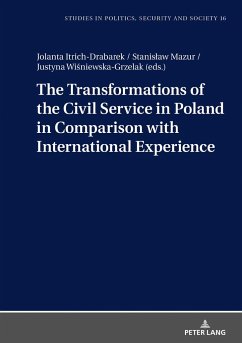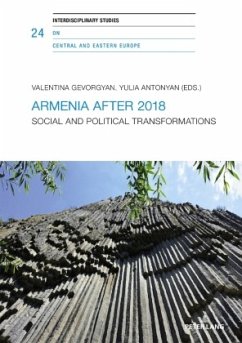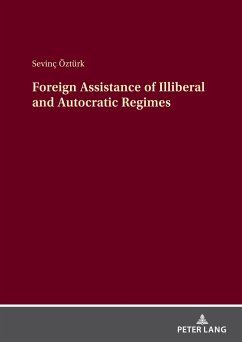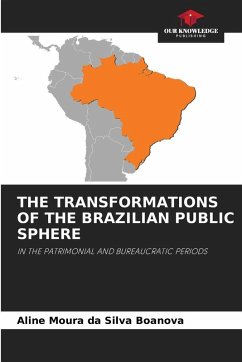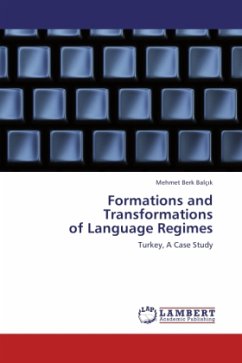
Formations and Transformations of Language Regimes
Turkey, A Case Study
Versandkostenfrei!
Versandfertig in 6-10 Tagen
52,99 €
inkl. MwSt.

PAYBACK Punkte
26 °P sammeln!
Using one s language, in a written or spoken form, in public sphere has always been a controversial matter in the context of modern nation-states. Turkey is no exception. The politics of language in Turkey, which constructed Turkish as an object and medium of national discipline with a simultaneous persistent denial of any public representation of minority languages entered into a new phase in 2009. The State launched a new TV in Kurdish that year. This book, a revised version of a doctoral dissertation, reveals a historical and political background to today s reluctant openings in linguistic ...
Using one s language, in a written or spoken form, in public sphere has always been a controversial matter in the context of modern nation-states. Turkey is no exception. The politics of language in Turkey, which constructed Turkish as an object and medium of national discipline with a simultaneous persistent denial of any public representation of minority languages entered into a new phase in 2009. The State launched a new TV in Kurdish that year. This book, a revised version of a doctoral dissertation, reveals a historical and political background to today s reluctant openings in linguistic rights. There are two main aims of this study: to present a formal and ideological history of the formation of the language politics in Turkey in the Republican period, and to analyze its transformation in the post-1980 era, within a globalizing environment, through the commercialization of the audio-visual domains. The conceptual framework is equipped with two critical concepts, language regime and language ideology, that enables a thorough analysis of language as a realm of contention of social and political power.



